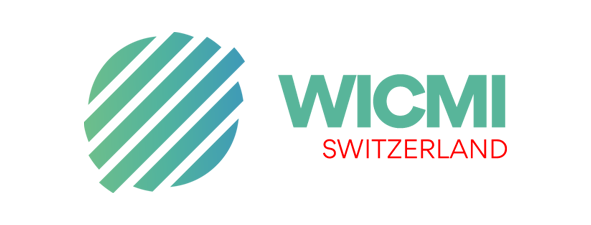Having written a piece about truth for WICMI a year ago I decided it was time to look at another fundamental definer of the human condition and one that is inexorably linked to truth: Trust.
None of us as individuals can escape the vital importance of trust in every aspect of our lives such as making decisions on, for example, friendships, political choices, healthcare, education, consumer choices, religious beliefs or employment decisions, etc.
It is relatively easy to decide whom and what we trust when it comes to transactions such as buying a new cell phone or which company we wish to insure a car with. We can ask people we know what their experiences have been of various companies and can scrutinise online reviews. Of course, we must still decide whether we can trust the people we have asked and the reviews we have read. Most of the time we get it right through a mix of objective analysis and the instinct we often refer to as that “gut feeling.”
We have considerable control over such consumer choices but rather less when it comes to key areas that have enormous impact on us such as politics. Once we have committed our vote to the ballot paper, and whether or not the winning party was our choice, policies enacted might or might not accord with our views. Such is the nature of democracy and the will of the majority and as such generally accepted by those of us who trust in democracy.
But do we trust politicians to reliably enact the majority’s wishes ? Come to that, do we trust journalists to provide us with enough accurate information to enable us to make decisions about trust ? Do we trust the business and banking sectors to do their best to respond positively to governments’ policies in pursuit of improving nations’ wealth and opportunities for their people ? We then have to consider the interaction of trust between many organisations, sectors and interested groups. Does business trust government, does government trust other nations’ governments it wishes to work with, do trades unions trust employers to enact workplace legislation accurately and fairly ?
I could go on and on with this list of who trusts whom but the point I hope to have made is that once that vote has been cast we have to rely indirectly on almost myriad individuals within professional groups and other organisations to deliver what we hope for. In effect, we have to trust by proxy, we have to trust third parties and we have to trust over time during which circumstances might have changed – sometimes significantly.
There is little more fundamental than trust to any of us and it figures in how we work with and for others, how we manage others and how we make friendships. But in our age of media proliferation with 24/7 news and with social media’s often abused platforms it is of little surprise that many of us have quite limited trust in some of society’s most important groups and institutions.
Reliable data on levels of trust is a sound basis for further thought and we are fortunate to have access to that in the form of Ipsos’ Global Trust in Professions research. Ipsos is a highly trusted and internationally acclaimed leader in research and analysis. Their Global Trust series is highly relevant to understanding the positioning needed when considering the complexities of multi-stakeholder working and the informal and formal partnership building which is essential in how we navigate our endeavours in the Twenty First Century. Enter in your search engine: Ipsos global trust in professions to see the latest slides. I have no business or financial relationship with Mori and commend this work to you dispassionately.*
Bearing in mind some of my comments above, it is worrying that such important groups as politicians have a significant trust deficit. Improving it is a challenge and not easy given the complexities of the relationships I have outlined, and there is no quick fix.
It is ironic that I write here about trust in support of WICMI’s key clarion calls for innovation and change. Ironic because the great professions have been established for many years, often centuries, and ideas about and respect for trust should not be innovative and not need changing for the better. Should they not long have been firmly engrained in every organisation’s ethos ? The reality is that the research shows many of us do not see it that way.
Of course, this is not just about politicians who, to be fair, do one of the most difficult jobs and have always to work through criticism from all quarters. The media, big business and civil servants are among other deficit trust players and will probably always tend to be so given the competing demands they often have to work to.
But at least let us all keep the importance of trust front of mind in all dealings with all of those we interact with. Let us consider trust when for example awarding contracts, when setting Key Performance Indicators, when building business plans, when recruiting and directing customer care. Just as responsible organisations embrace ethical standards and measures covering equality and social responsibility, we all need to speak loud and clear about our expectations for having trust in all those with whom we have dealings, both directly and indirectly.
Look how far so many sectors have come in the past thirty years in terms of equality, celebrating diversity and being responsible and accountable. Yes, still far to travel but positive awareness of such issues has become embedded. Am I being idealistic or can trust yet become a noble ambition that trumps short term expediency ?




